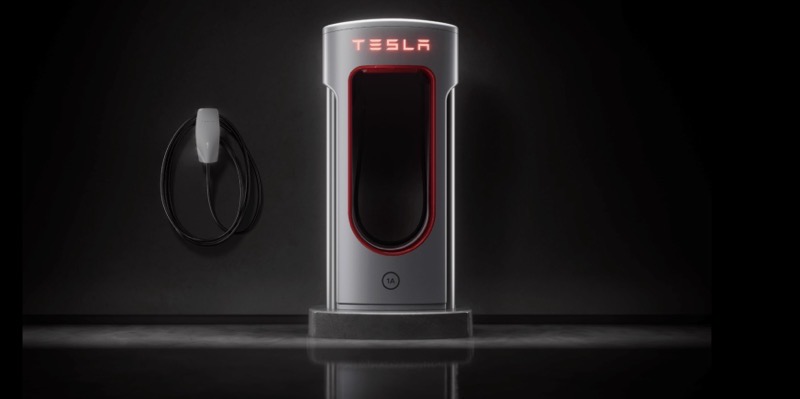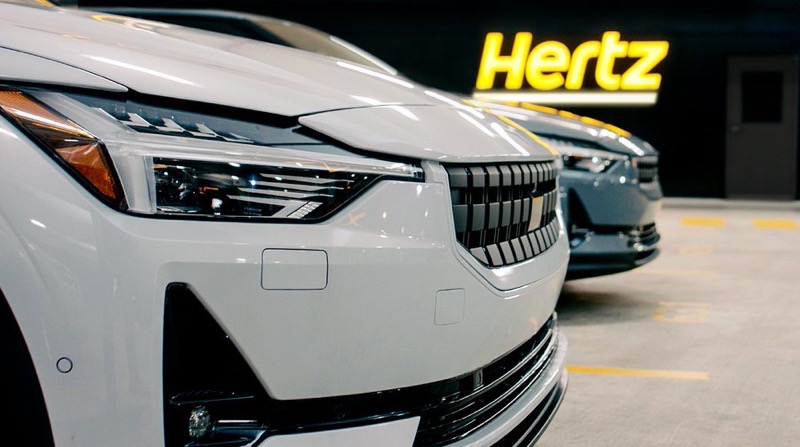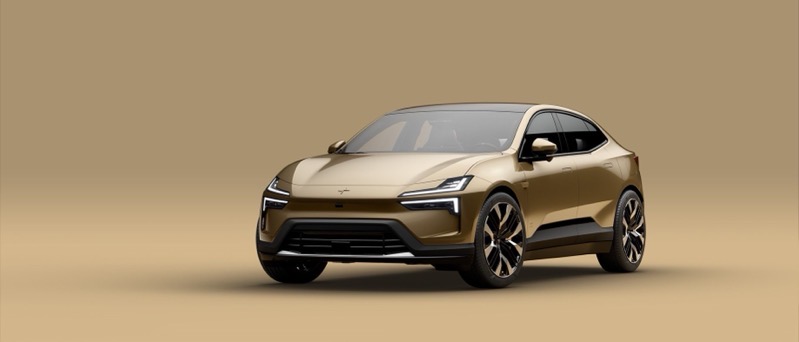
Hertz Halts Purchase of Polestar EVs Amid Market Challenges
Hertz, the car rental giant, has temporarily suspended its plans to acquire tens of thousands of electric vehicles (EVs) from Polestar this year, following a significant drop in the resale value of EVs.
The decision marks a shift in Hertz’s electric ambitions, which previously included an agreement in 2022 to purchase 65,000 Polestar cars over five years, a deal valued at approximately $3 billion. This move was part of Hertz’s strategy to ensure EVs constituted a quarter of its rental fleet by the end of 2024, alongside a separate agreement to buy 100,000 Tesla cars.
However, the company faced setbacks late last year due to a decline in EV resale values and unexpectedly high repair costs, leading to the sale of some Tesla vehicles and the failure to meet its EV fleet target. At that time, Hertz did not disclose the status of its relationship with Polestar.
Thomas Ingenlath, CEO of Polestar, revealed to the Financial Times that Hertz’s CEO, Stephen Scherr, reached out last autumn requesting a pause on their agreement for 2024. By then, Polestar had sold approximately 13,000 EVs to Hertz between 2022 and 2023. Unlike some car rental companies that use a “buyback” model with manufacturers, Hertz operates on an “at risk” model, owning the vehicles and bearing the depreciation risk.
In response, Polestar agreed to relax Hertz’s purchase obligations for the year, with conditions to prevent the early or undervalued sale of its current Polestar fleet. “Keep the cars longer than a year, we work with them, and we have the right to first refusal whenever they want to take them out of the fleet,” Ingenlath explained regarding the agreement.
While Hertz, set to report earnings soon, has not commented on the matter, Ingenlath indicated a “clear intention” to resume significant sales to Hertz in the future, though the timeline for this remains uncertain, potentially revisiting the partnership in earnest in 2025.
This development comes as a setback for the mainstream appeal of EVs, highlighted by Hertz’s 2022 deal. The car rental company had previously filed for bankruptcy in 2020 due to a fleet value collapse and the travel halt during the early pandemic stages. The global slowdown in EV sales growth, attributed to consumer skepticism and higher-than-expected prices, has prompted carmakers to delay investments and reconsider market strategies, as seen with Renault’s decision to cancel the stock market listing of its EV unit due to weak demand.
Polestar, which sold about 54,000 cars globally last year, continues to face financial losses. Recently, Volvo Cars announced the sale of its 48% stake in Polestar to Geely, withdrawing further investment in the brand as Polestar seeks approximately $1.3 billion in fresh funding.

